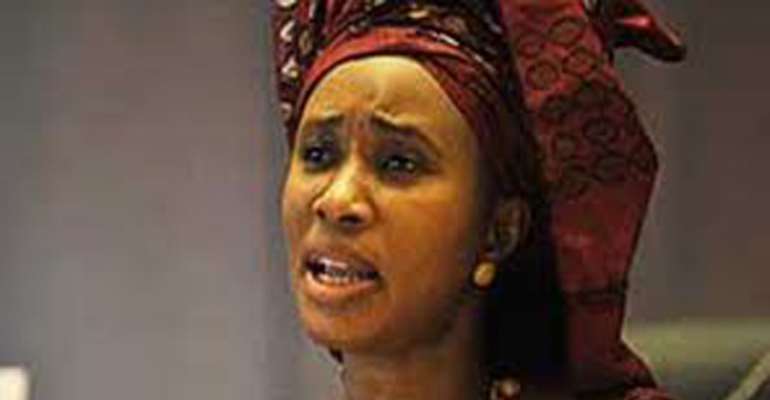BOI's income rises by 53.4 per cent in 2012

Nigeria's foremost development bank, Bank of Industry (BoI), grew its income by 53.4 per cent in 2012, helped by loans and advances to the real sector of the economy.
The bank's gross income rose from N10.01 billion in 2011 to N15.35 billion in 2012.
The Chairman of the bank's Shareholders Committee, Mr. Muhammed Dikwa, who spoke at the 53rd Annual General Meeting of the bank in Abuja at the weekend, Dikwa said that loans and advances to the real sector of the economy and other comprehensive incomes accounted for this performance.
He said, 'The bank surpassed its record of 2011 in terms of development loans and advances to small businesses in the country.
'Impairment charges rose from N40.048 million in 2011 to N6.989 billion in 2012 which is attributed to the achievement and adoption of International Financial Reporting System by the bank.
The bank's profit after tax dropped from N1.85 in 2011 to N1.10 in 2012, which makes the decrease drastic.
'In spite of the drop in profit, which is mainly attributed to IFRS adjustment, the modest sum of N178, 642, 300 is being proposed as dividend to be paid to shareholders.
'The bank would record tremendous improvement in its operations in 2013, the bank had remained focused in the transformation of the country’s economy.'
Dikwa said that the bank made substantial investment in building the capacities of its staff in key professional areas, including investment risk evaluation, monitoring and portfolio management skills.
He added that the bank carried out intervention in Agri-business in 2012, as demonstration of its role as a key driver of the transformation agenda of the present administration.
'The bank disbursed more than N53.3 billion loans to the agri-business value chain, including rice, cassava and the cotton, textile and garment sub-sectors.
'The bank, in collaboration with the United Nations Development Programme (UNDP), provided technical and financial support to prospective investors in alternative and renewable energy, and entertainment subsector with N337.60 million.'
Dikwa said the necessity of these interventions holds sway in view of the fact that the non-oil sector drives real Gross Domestic Product (GDP) growth in the economy.
